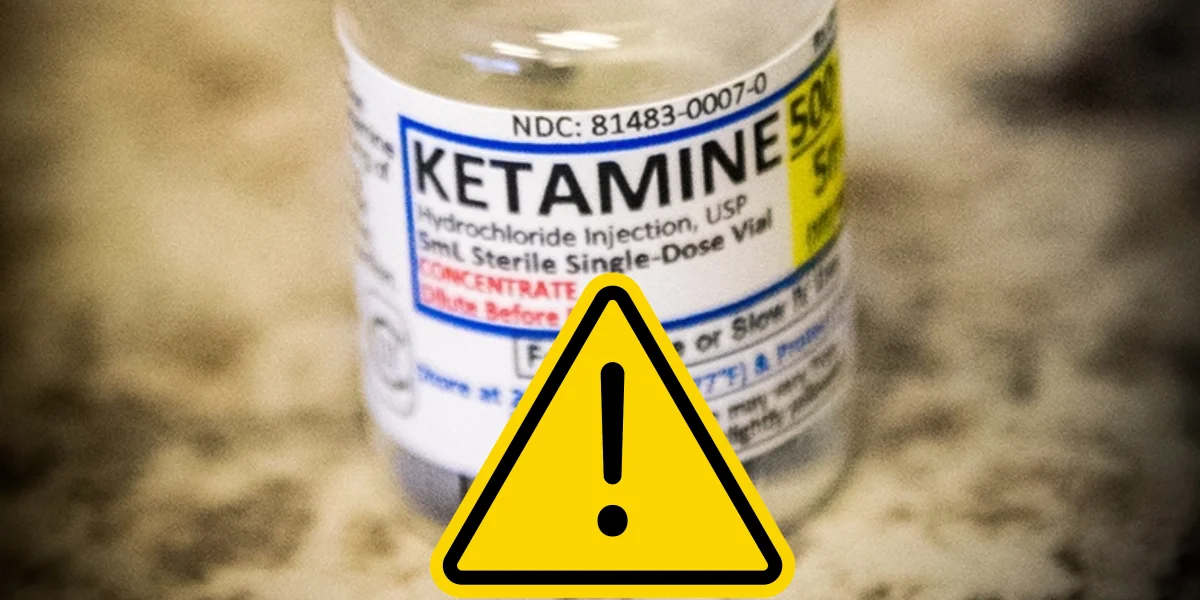Bipolar disorder is a debilitating mental health illness that affects roughly nearly 6 million U.S. adults yearly. Its unpredictable cycles of extreme mood swings can cause severe impairment and lead to reduced quality of life, which begs the question, “Does bipolar disorder go away?” Below, we will explore the nature of bipolar disorder and its long-term prognosis.
Understanding Bipolar Disorder
Bipolar disorder is a mood disorder characterized by severe mood swings. These aren’t your everyday mood fluctuations, though. They’re intense shifts between extreme happiness or mania, and deep depression.
Mania or manic episodes refer to a period of high energy, elated mood, excessive and unusual talkativeness, inflated self-confidence, decreased need for sleep, and impulsivity. During depression episodes, individuals may experience feelings of extreme sadness, low mood, depleted energy levels, hopelessness, lack of interest in activities that were once enjoyable, difficulty concentrating, reduced self-esteem, emotional numbness, and suicidal ideation.
Without proper medical intervention, these extreme mood episodes can last anywhere from a few days to several weeks at a time.
Is Bipolar Disorder Permanent?
Unfortunately, at this point in our medical understanding, there is no cure for bipolar disorder, and it’s largely viewed as a lifelong condition. It doesn’t magically disappear or fade away with time. It is a chronic condition that requires long-term management – much like conditions such as diabetes.
The good news is that with proper treatment and support, individuals can experience extended periods of stability and remission. This is why it’s so crucial to get a proper diagnosis and begin treatment as soon as possible.
What Does Bipolar Disorder Treatment Look Like?
Effective bipolar disorder management requires a comprehensive mental health treatment plan that primarily includes a combination of medication, psychotherapy, and self-care.
Medication: Medications are the mainstay of bipolar disorder treatment. Mood stabilizers, such as lithium carbonate and sodium valproate, are the most commonly prescribed drugs to help prevent manic episodes and reduce depressive symptoms. Antipsychotics and antidepressant medications may also be used in conjunction with mood stabilizers for individuals with more severe forms of bipolar disorder.
Psychotherapy Therapy: Working with a trained psychotherapist is a key component of long-term recovery and symptom management. Psychotherapy techniques, such as cognitive behavioral therapy (CBT), aim to reduce symptoms by helping individuals understand and manage their emotions and thoughts and develop coping skills for overcoming stressful situations.
Self-Care: Self-care is another vital part of living with bipolar disorder. It’s important to take the time to focus on things that make you happy and promote overall wellness, such as hobbies, exercising regularly, good nutrition, getting adequate sleep, practicing stress management and relaxation techniques, and staying away from substances, such as alcohol and drugs, which are known to trigger or worsen bipolar episodes.
Final Thoughts
Bipolar disorder is an unpredictable brain disease that can cause severe impairment in daily life. It is a chronic brain disease that requires ongoing management and continual adaptation. But it’s by no means a helpless case. With proper treatment, individuals can go on to lead meaningful lives with much less disruption from bipolar episodes.
And as our understanding of bipolar disorder continues to grow, new and improved treatments are being discovered that can make tremendous differences in the quality of life for those diagnosed with the disorder.
At Hoosier Ketamine & Wellness, we specialize in providing tailored ketamine treatments – a novel off-label treatment approach that has shown promising results for individuals with severe mood disorders, including bipolar disorder.
If you or someone you love is struggling to find relief from the debilitating symptoms of bipolar disorder in Indianapolis, IN, don’t hesitate to reach out to our compassionate team and discover how ketamine treatments can help you overcome your symptoms and lead a full life despite your diagnosis.



